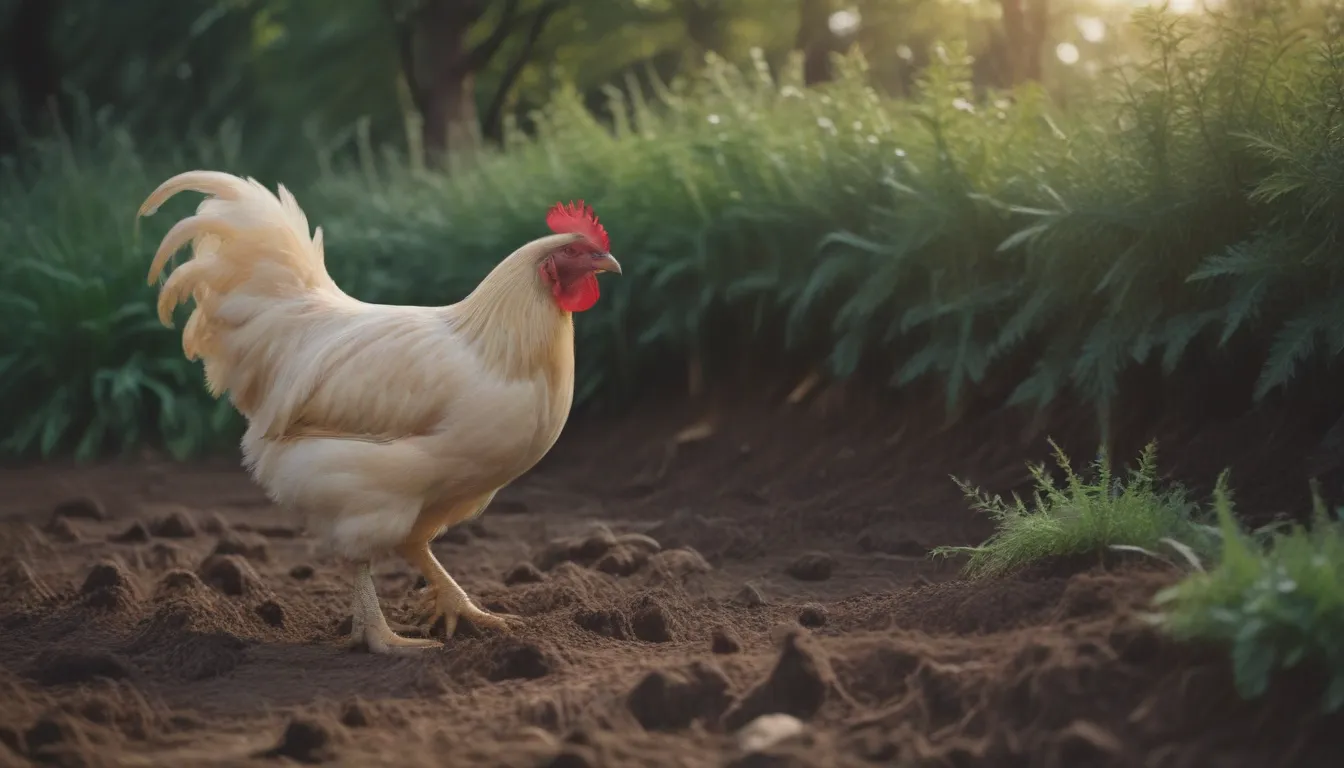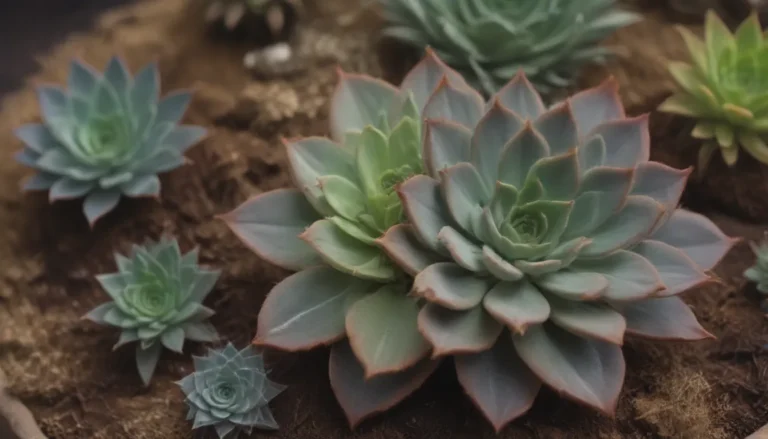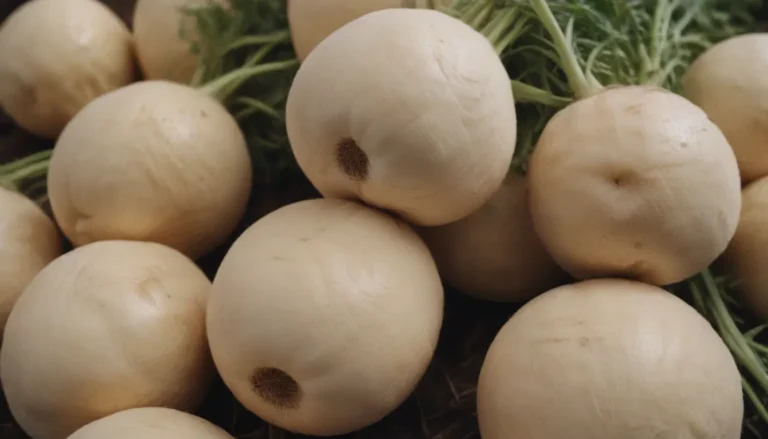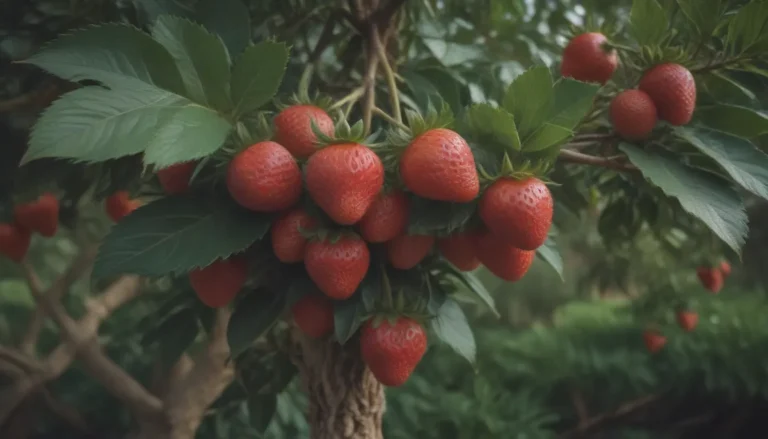The Ultimate Guide to Using Chicken Manure as Garden Fertilizer

If you’re a gardener looking to give your plants a nutrient boost, chicken manure might just be the solution you’ve been seeking. Known as “black gold” in the gardening world, chicken manure is an excellent source of nutrients for your soil. In this in-depth guide, we’ll explore everything you need to know about using chicken manure as garden fertilizer.
What Is Chicken Manure?
So, what exactly is chicken manure? Also known as poultry manure, it’s a rich source of nutrients that can benefit your plants in numerous ways. In fact, the nitrogen and phosphorus content in chicken manure is typically much higher than that of other types of farm manure, such as cow manure.
Apart from chicken droppings, chicken manure also contains a variety of other materials, including urine, feathers, leftover feed, and bedding materials like straw, hay, pine shavings, grass clippings, and more. This diverse mixture gives chicken manure a varied NPK ratio.
The Benefits of Using Chicken Manure
Using chicken manure as a non-synthetic organic fertilizer comes with a range of benefits for your garden:
- Nutrients: Chicken manure is rich in essential nutrients that plants need to thrive.
- Soil amendment: It helps improve soil structure and fertility over time.
- Microbe food: Chicken manure provides a food source for beneficial microbes in the soil.
Bagged vs. Fresh Manure: What’s the Difference?
When it comes to chicken manure, there are two main types: commercially processed in bags or fresh from the coop. It’s essential to understand the differences between the two and how best to use them in your garden.
Bagged chicken manure is typically dried and pulverized, making it more concentrated than fresh manure. It’s often sterilized and odor-free, making it easy to handle. On the other hand, fresh manure straight from the coop contains a high water content and may have a strong odor. It needs to be composted or aged before use to avoid burning plants or introducing harmful pathogens into the soil.
Tip:
When using chicken manure, opt for organic sources to avoid potential contamination with antibiotics.
How to Age Chicken Manure
Aging chicken manure is crucial to reduce harmful pathogens and ammonia content before applying it to your garden. Composting is an effective way to age manure and make it safe for use.
- Start by creating a compost pile with a mix of chicken manure and other organic materials.
- Ensure the pile reaches temperatures of 140 to 160 degrees Fahrenheit to kill off any pathogens.
- Regularly turn the compost pile to aerate it and speed up the aging process.
How and When to Apply Chicken Manure
Whether you’re using bagged or aged chicken manure, the key to successful fertilization is proper application. Here’s how to apply chicken manure in your garden:
Bagged Chicken Manure
- Apply bagged chicken manure at any time, following the instructions on the label for specific amounts.
- Fertilize trees and shrubs in the spring and flower beds and vegetables throughout the growing season.
Aged Chicken Manure
- For composted aged manure, time your application based on your crop’s expected harvest date.
- Apply aged chicken manure in late winter or early spring for best results.
- Consider using chicken manure for nitrogen-loving plants like tomatoes, peppers, squash, and fruit trees.
Plants to Avoid Using Chicken Manure With
While chicken manure is beneficial for many plants, there are some acid-loving plants that may not thrive with this fertilizer. Avoid using chicken manure with plants like blueberries, azaleas, and rhododendrons, as they prefer more acidic soil conditions.
In conclusion, using chicken manure as garden fertilizer can provide your plants with the essential nutrients they need to flourish. By understanding the differences between bagged and fresh manure, aging techniques, and proper application methods, you can make the most of this valuable resource in your garden. So, why not give your soil a nutrient boost with some “black gold” today?
Remember, when it comes to fertilizing your garden, chicken manure is a tried and tested option that can yield impressive results. Happy gardening!





